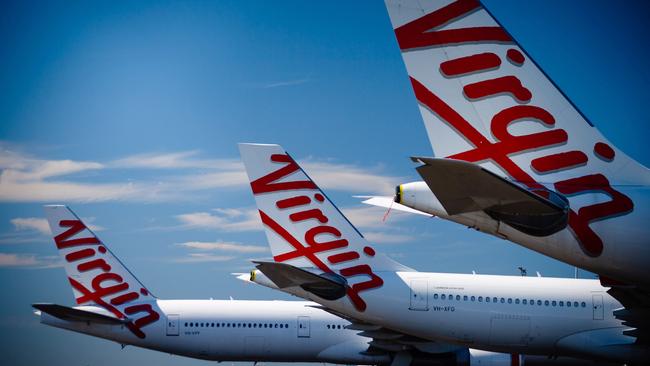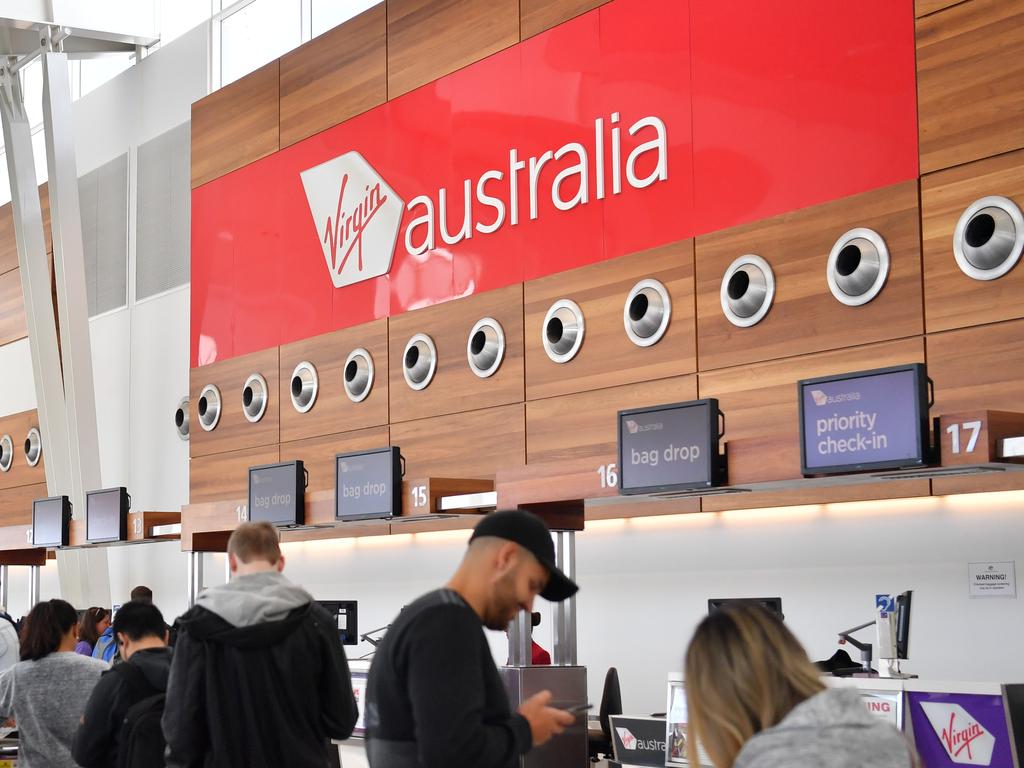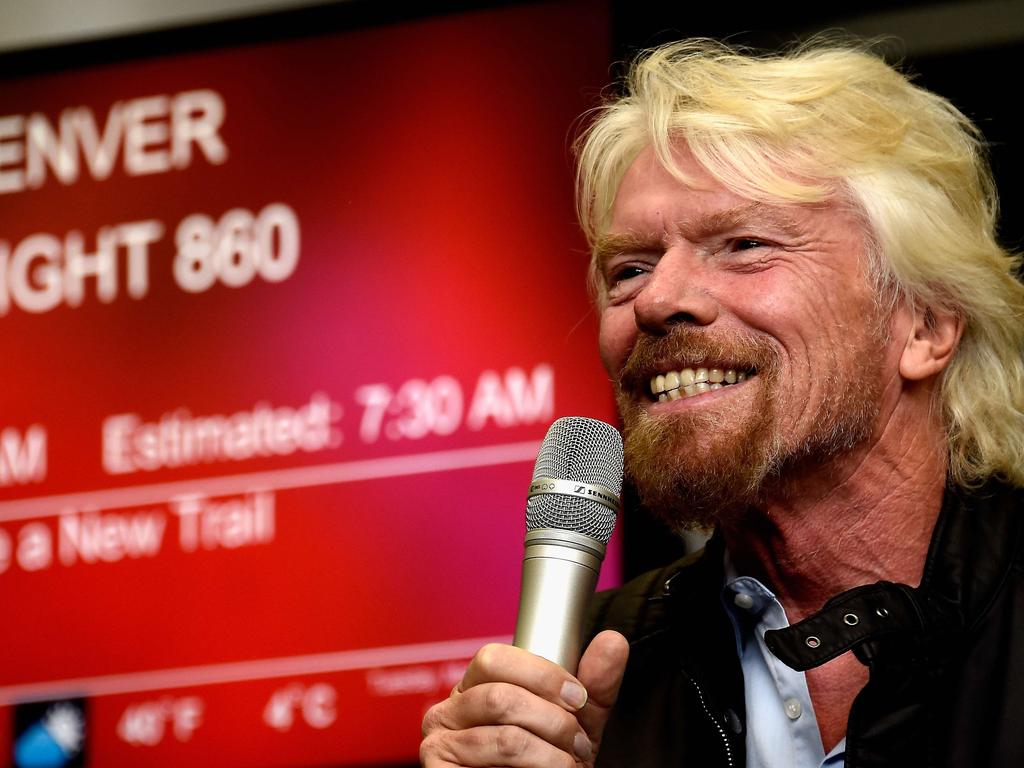
The price that Virgin Australia bidders are prepared to pay for the collapsed airline is expected to be a point of sharp focus in the weeks ahead as four shortlisted groups advance in the contest.
Some question whether one of the short-listed bidders, Cyrus Capital Partners, would have a a lot of financial firepower for a bid on its own, with only about $4bn under management, but some say the equity cheque for any competing party may not be that large.
Existing Virgin Australia shareholders are expected to have their equity value wiped out, say market experts, while debt is likely to be written right down, so the pricing right now is anyone’s guess.
Bain Capital’s private equity arm and credit arm are working together for their approach and on that basis, it is expected to price its offer aggressively, while BGH Capital is vying for the airline while its business which raised $2.6bn is also competing for Village Roadshow.
Some question whether it has the scope or desire to write large cheques for both.
Voluntary administrator Deloitte was understood to have finalised the short list on Monday morning for the carrier, which collapsed amid the COVID-19 crisis owing close to $7bn.
Final bids are due around June 12, with a sale announced at the end of next month.
Bain is advised by former Jetstar boss Jayne Hrdlicka and KordaMentha and has a joint venture in the cruise industry with Virgin Group called Virgin Voyages, so it is easy to assume that Sir Richard Branson could emerge in the picture.
Meanwhile, New York-based hedge fund Cyrus, founded in 1999 by Stephen Freidheim, invested with Sir Richard in Virgin America in 2005 after he established the airline, so there is a good chance he could form part of a winning bid.
However, the big question is whether any party wants to pay Sir Richard about 1 per cent of annual revenue for a royalty to secure the Virgin brand. They may be persuaded if he takes a minority stake in a deal, which he typically does with an entity that holds the Virgin name.
Cyrus has offices in New York and London and is mostly dominant in the North American and European markets, but has had little to do with the Australian market so far.
Yet Cyrus may choose a partner in its pursuit of Virgin Australia such as Bain Capital as it moves through to the second round of the contest to buy the collapsed airline.
The final four shortlisted groups may form into two consortiums.
The US-based Indigo Partners, which is also on the shortlist, is understood to have been circling Virgin Australia for about four years but was never publicly outed as a bidder.
Australian-based BGH Capital, headed by former TPG Capital executives Ben Gray and Simon Harle and ex-Macquarie Capital boss Robin Bishop, is partnering with AustralianSuper. It has Moelis and law firm Arnold Bloch Leibler as its advisers.
Out of the contest is Brookfield, which is recently said to have lost its partner Macquarie Group, and Indian-based InterGlobe Aviation, which is a major shareholder of low-cost Indian carrier IndiGo.
The situation is one where firms that have not made the latest cut could re-emerge in the competition, potentially working with a shortlisted bidder.
Last year, Cyrus built stakes in the listed British business Stobart Group, which is an infrastructure, aviation, energy and civil engineering company.
With the Stobart Group and Virgin Atlantic, Cyrus invested in the now-failed European airline Flybe. It has also offered funds to Norwegian paper mill company Norske Skogindustrier, which recently sold forestry assets in Tasmania.
It is understood parties that submitted indicative offers for Virgin Australia on Friday were asked to provide an enterprise valuation. InterGlobe is said to have declined as it thought there was a lack of information in the data room to do so.
Wesfarmers remains in the picture, with its interest said to centre on the Virgin Velocity frequent-flyer program, but some suspect such programs will lose popularity in the next few years.








To join the conversation, please log in. Don't have an account? Register
Join the conversation, you are commenting as Logout